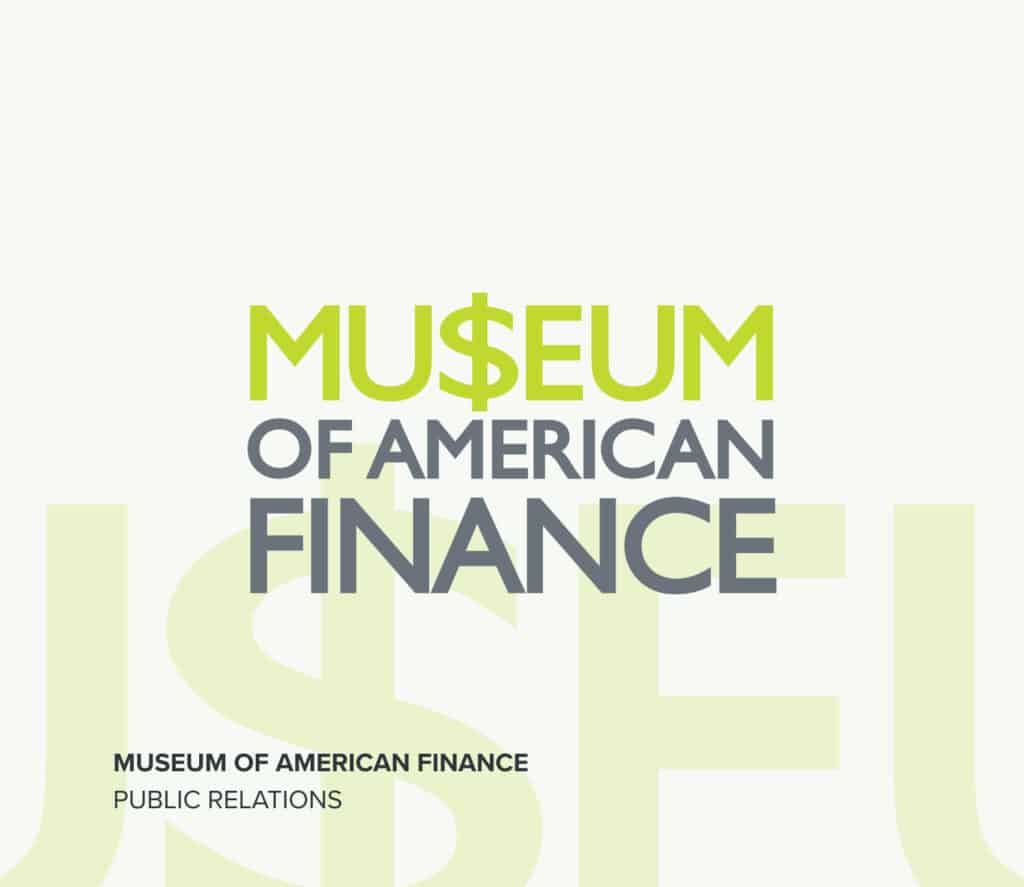London’s Fintech Ecosystem: Resilience, Opportunity, and Challenges
Last week, we welcomed Karen Sandhu from London & Partners, Olivia Minnock from mmob and Amelia Isaacs from Digital Frontier to our UK offices for a panel discussion on London’s fintech scene.
It was a fascinating and wide-ranging discussion where our expert panel shared their views on the city’s strengths, challenges, and the outlook for fintech startups and scale-ups. For those that couldn’t make it, here are the key discussion points.
Rating London’s Fintech Landscape
We started with a pulse check from our panellists – how would they rate the London fintech scene right now? The consensus hovered between a 7 and an 8 out of ten. London’s deep talent pool, world-leading regulatory framework and global financial influence ensured it scored well. However, challenges related to later-stage funding and negative investor sentiment were a concern. It’s no secret that the past year has been tough for fintechs seeking investment, but recent developments, including major financial institutions committing to London, indicate a more optimistic outlook for the future.
Why London? The Case for a Fintech Hub
Our panel agreed that London continues to attract fintech startups due to its unique combination of financial expertise, infrastructure, consumer penetration and regulatory environment.
The UK’s strong financial services heritage, one of the largest net exporters of financial services in the world, makes London a natural hub. The city boasts the highest number of fintechs globally, with over 1,600 headquartered here, and 80% of UK adults using fintech products. Its accessibility and connectivity also make it an attractive location, allowing fintech founders to navigate different time zones effectively, and be in the room with key partners.
Challenges: Early-Stage Growth vs. Scaling Up
Our discussion moved on to London’s ability to support early-stage businesses versus later-stage fintechs looking to go public, or expand globally.
Our panel agreed that the available support, strong networks and early-stage funding make London an attractive place for fintech startups. However, as fintechs scale, the picture becomes a little more complex.
One of the biggest challenges fintech founders face is securing late-stage funding. While early-stage investment is strong, 60% of late-stage capital comes from outside the UK. With US VC firms raising over $2 billion in funds last year alone, the UK struggles to compete. Many successful fintechs are forced to seek US funding and IPO abroad, raising concerns about retaining top fintech companies.
That said, some fintechs are shifting their focus away from reliance on VC funding, prioritising customer acquisition and revenue generation. For B2B fintechs, London remains a strong market, with an increasing understanding of how to integrate fintech solutions into enterprise operations.
Government Support and the Role of AI
While the UK government recognises fintech as a key driver of economic growth, panellists acknowledged that support remains slow-moving. Fintech leaders continue to push for better policies to retain and scale companies within the UK.
AI is also playing a growing role in London’s fintech evolution. Tech giants like Salesforce and Microsoft have established AI hubs in the city, and AI is opening new doors for aspiring founders. The Mayor’s recent growth plan highlights AI’s role in economic expansion, emphasising its potential to democratise entrepreneurship.
Looking Ahead: Growth, DEI, and London’s Competitive Edge
As fintechs navigate market challenges, London’s commitment to inclusive growth remains a key differentiator. Diversity, equity, and inclusion (DEI) are critical to the city’s identity, ensuring a fintech ecosystem that supports a wide range of founders and talent.
Despite obstacles, the panellists expressed optimism about London’s fintech future. With strong infrastructure, a deep talent pool, and a collaborative ecosystem, the city remains a vital hub for fintech innovation.
Read more on Fintech predictions for 2025.


